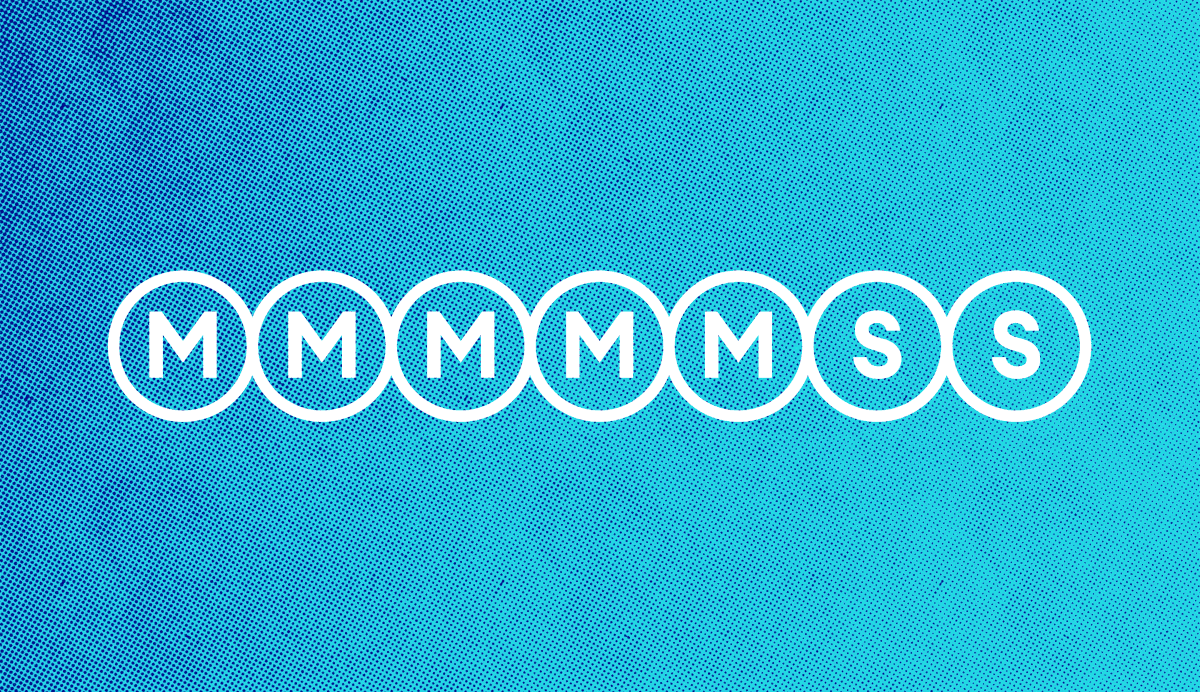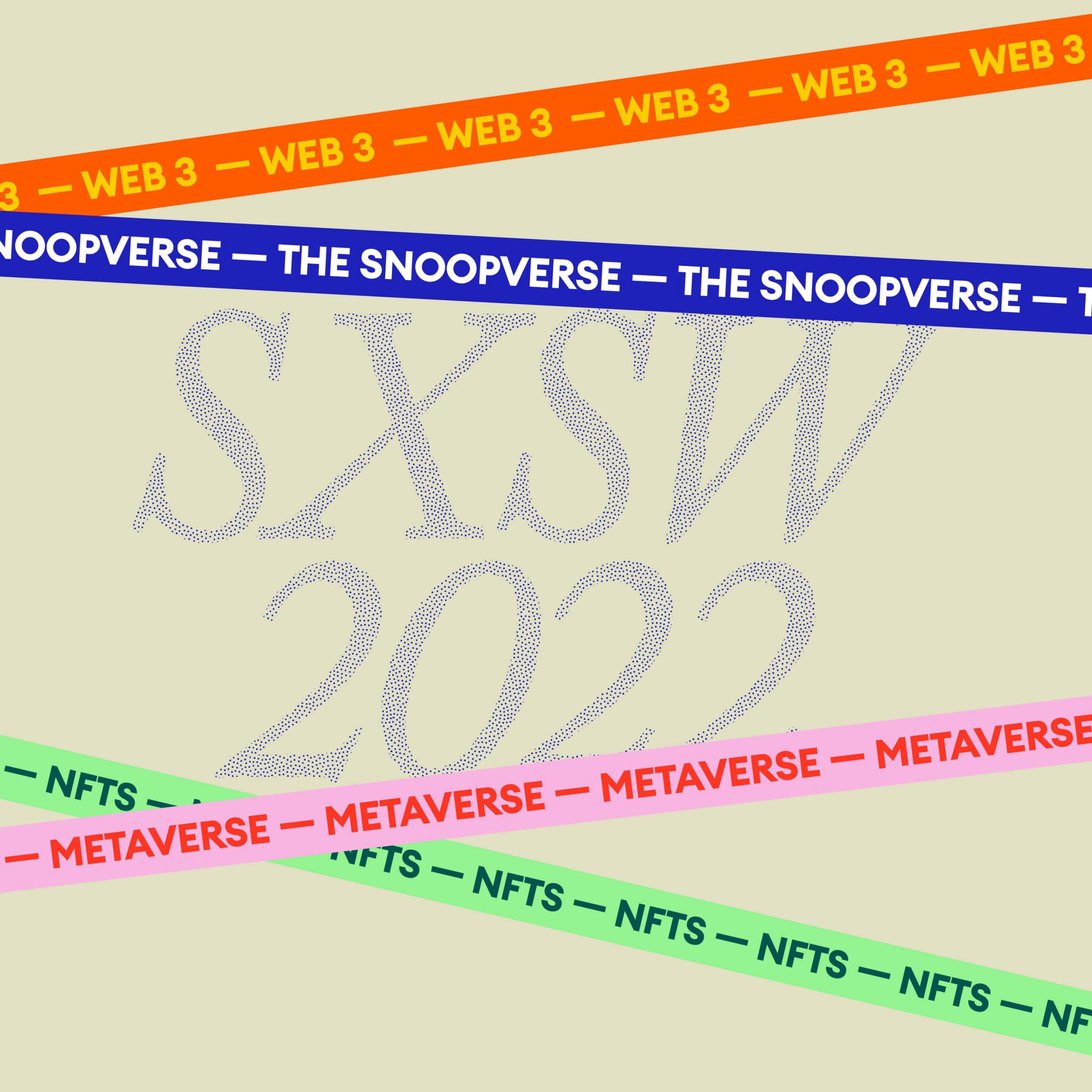Here’s an annoying confession: I usually assume things will be easy for me, even when someone says it’s hard.
I knock 30% off the estimated time on Alltrails. I scoff at the Wayfair reviewers who said their cabinet was challenging to put together. I will lift the heavy thing by myself dammit.
A challenge doesn’t scare me.
So now that you know the inner workings of my ego you won’t be surprised that, when we decided Monday should become a B Corp, I thought it would be a piece of cake. After all, we’re a services business! We don’t produce waste (or anything physical at all besides the highly coveted Mondad Hat), we barely use paper, we ride bikes, we offer parental leave top ups and pay the full cost of additional health benefits. Our footprint is small, our team is happy and well-cared-for.
So I boldly began our initial B Corp impact-assessment, expecting the points to pile up as I answered each question. I smugly filled in the last blank, hit submit and…
We came in 14 points short of the 80 required for B Corp certification. (Actually, maybe it’s more like 20 points short because I’m sure I answered a few questions based on good intentions I hadn’t necessarily fulfilled yet.)
So now we’re on a journey to make up those 20-odd points, and maybe a few more. In the process, I’ll be applying the three lessons I’ve learned from our initial B Corp self-assessment. They’re lessons I think are relevant to any well-intentioned employer, even if B Corp Certification isn’t on your goal list. They are already shaping how we think and operate as employers and as agency partners to those outdoor, active, and wellness brands that share our commitment to the planet and to people.
Lesson 1: “Beneficial” is truly all-encompassing
Beneficial Corporation Certification—B Corp for short—is about so much more than your environmental impact. It’s about your social impact, your ethics (how do you manage client data? Or customer complaints?), creating genuine value for customers, and about having above-average HR processes.
Calling our branding agency “Monday” has everything to do with the workplace we wanted to create—a business our team couldn’t wait to come back to after the weekend because they could show up as their full selves AND live full lives outside of work.
Social good was at our core—environmental good was a natural outcome of that. But we didn’t have the whole picture. From grievance resolution policies (to prevent issues before they ever happen) to providing health assessments for your staff to legally ensuring environmental performance is built into our decision-making, there are many gaps we still need to fill.
Lesson 2: Good intentions aren’t enough
Earlier this year, my partner Lindsay White and I did an audit of Monday’s brand pillars. We wanted to ensure the messaging we put into the world still felt true after five years in business.
We discovered a big piece was missing: our commitment to the planet wasn’t showing up anywhere.
I assumed our unwritten policies about who we buy from, who we work with, how we get to and from the office, weekly volunteering hours and so on were sufficient. But our initial self-assessment revealed that good intentions don’t cut it. Truly living into your values means documenting them, developing policies around them, and incentivizing them. Putting your money where your mouth is, I think they say.
The big kicker for B Corp status is to actually update your articles of incorporation. That is: to legally commit to a range of benefits as part of your foundational constitution so it’s locked in at the very groundwork of your business.
So this quarter we are deliberately taking stock of what we care about and putting it in writing. We want a clear benchmark to aim for. At Monday we believe that words create worlds, so we’re actively considering the world we want to make—and putting pen to paper.
Lesson 3: If you can’t measure it, you can’t improve it
Here’s the funny thing about the B Corp self-assessment: as a marketing agency Monday has a very small environmental impact, but we scored lower than expected in a few key areas because we lack formal reporting processes.
Part of establishing written policies is setting goals. And it’s hard to set goals without knowing your baseline. On top of that, you need to consistently track your progress to know if you’re moving toward those goals.
At Monday we have quarterly KPIs, but so far they’ve been about growing our engagement and our bottom line—not reducing the number of KwH we burn through each month, how much money we donate or how many hours the team volunteers. Establishing a new suite of KPIs and keeping ourselves accountable is the vital first step.
We’ve always known a business can be a force for good, but taking the leap to becoming a B Corp has revealed that “good” looks so many more ways than you might think. We’ll be sharing the rest of the journey and what we learn over the coming months. Want to follow along? Subscribe to the Monday Field Report below.







